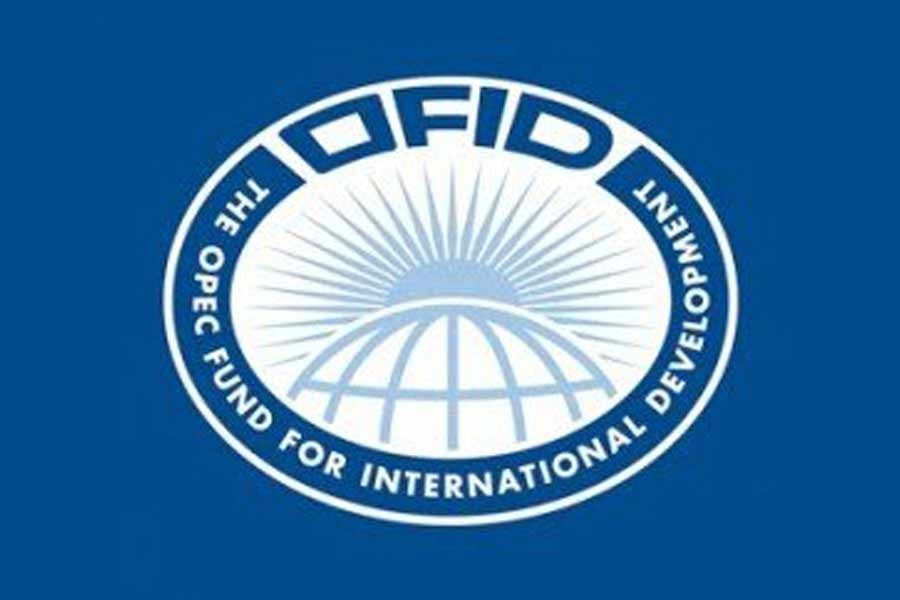The OPEC Fund for International Development (OFID) is going to provide US$ 75 million loans shortly to support Bangladesh's high-deficit budget, officials said on Tuesday.
The Vienna-based lender would provide the budgetary support mainly for facilitating recovery from the Covid-19 pandemic shocks, they added.
The coronavirus has hit the country's economy hard, as millions of people have lost their jobs and many of them have fallen below the poverty line.
The lender has recently approved the loan for Bangladesh, said a senior official of the Economic Relations Division (ERD).
"The OFID has recently informed the government that it will provide $75 million loan for supporting Bangladesh's sustainable economic recovery programme. Now it wants to sign a deal."
Since the country's budget deficit is estimated to exceed 6.0 per cent of the Gross Domestic Product (GDP) in the current fiscal year (FY), 2021-22, the fund from the development partner would be very helpful, he added.
The overall budget deficit in the last FY was 6.1 per cent of the GDP.
The budget deficit for FY 2022 is estimated at Tk 2.15 trillion, 6.2 per cent of the GDP. Of the total deficit, Tk 1.01 trillion would be financed from external sources, while Tk 1.13 trillion from domestic sources.
The total size of the national budget in the current fiscal is Tk 6.04 trillion, which is 17.5 per cent of the GDP.
The ERD official noted that an inter-ministerial meeting was held recently to plan the best use of the assured budgetary support. The loan deal with the OFID would be signed shortly.
According to the ERD officials, the OFID would charge LIBOR plus 1.35 per cent interest rate per annum for its $75 million loan.
Besides, the lender would charge 0.25 per cent per year as commitment fee, and 0.25 per cent as front-end fee from Bangladesh.
The maturity of the loan is 20 years with a grace period of five years.
Meanwhile, the Asian Development Bank, the World Bank, and the Japan International Cooperation Agency have already provided budgetary support worth nearly $1.0 billion to minimise the country's fiscal deficit.


